Growing Human Beings
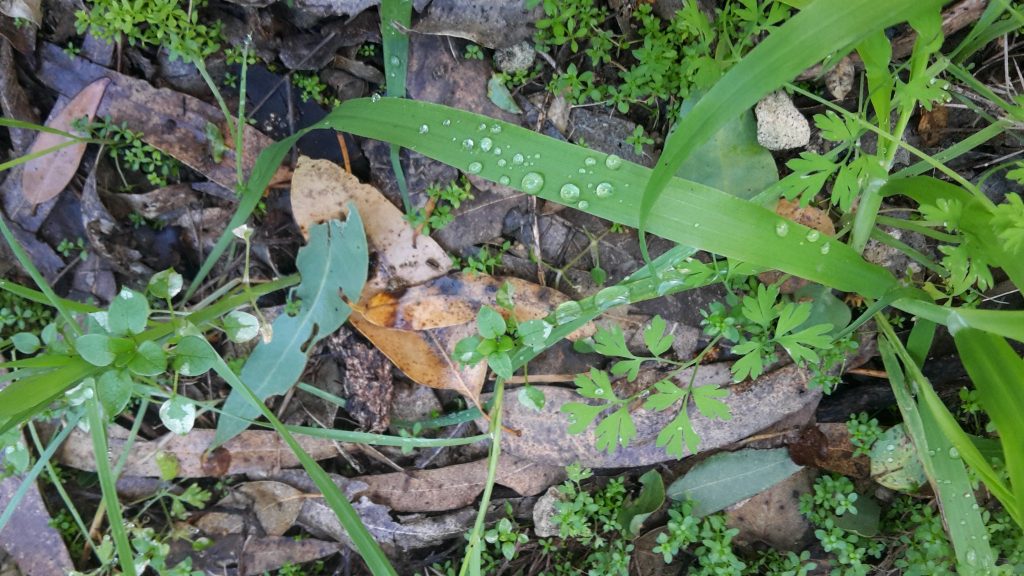
I am a farmers daughter that remembers the work involved in seeding, fertilising and harvesting. In my work the “crop” is of the human kind, that may be in the same soil but growth varies. What supports our personal growth?
Positive Emotion
Insights can be gained from positive psychology. Positive psychology according to the International Positive Psychology Association (2009) :
“is the scientific study of what enables individuals and communities to thrive”
Barbara Frederickson observed how when people experience positive emotions they are more likely to: interact with others, seek out new experiences, take up creative challenges and help others in need. Whereas negative emotions where found to narrow options for thoughts and behaviour – even triggering the limiting fight and flight responses.
Frederickson’s Broad and Build theory states that positive emotion broadens awareness and then build upon learning to create future emotional and intellectual resources (Compton & Hoffman 2013). Positive emotions were found to help broaden options and maximise future resources.
An environment that generates positive emotions is prime conditions for a bumper crop in thriving human beings. Growing people could be left in the hands of angels and mercy of the Gods. Though like farmers we have to create the optimal conditions for our society to develop people. Considering how we speak, our physical stance, tone of voice and intention are the equivalent of building contour banks, fencing and rotation cropping. Celebrating with a friend their success at work is a simple example of building.

The weeds of shame and guilt
If there could be a “Roundup”pesticide to eliminate impediments to the crop of humanity, it would eliminate shame and guilt. These two emotions take the wings off human growth – limiting peoples capacity to ascend their life circumstance.
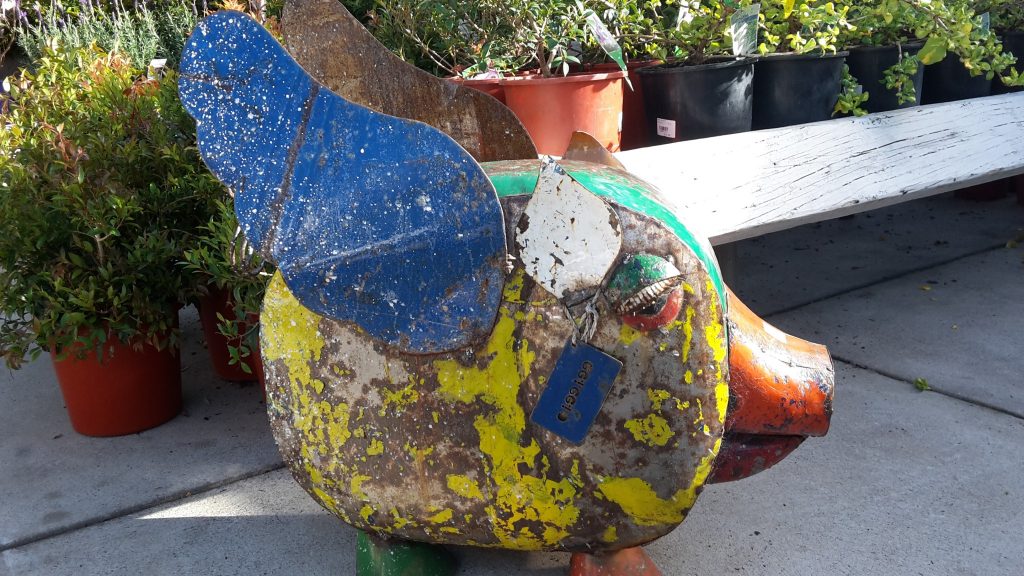
According to Bobbie Burdett (2012) how we respond to guilt and shame can be different.
Guilt implies “I did something wrong” behavior can be changed and can motivate people to accept responsibility, possible inhibit anger/ hostility.
Shame implies “I am something wrong” unworthy, a feeling of inferiority, sense of helplessness that can lead to anger and hostility.
Shame is the common denominator experienced by all humans, in all cultures and societies. We hide shame as disconnection or banishment are feared and connection is integral to our survival. The catch is the more we hide our shame the more isolated and alone we tend to be.
If disconnection creates shame, its connection that heals shame!
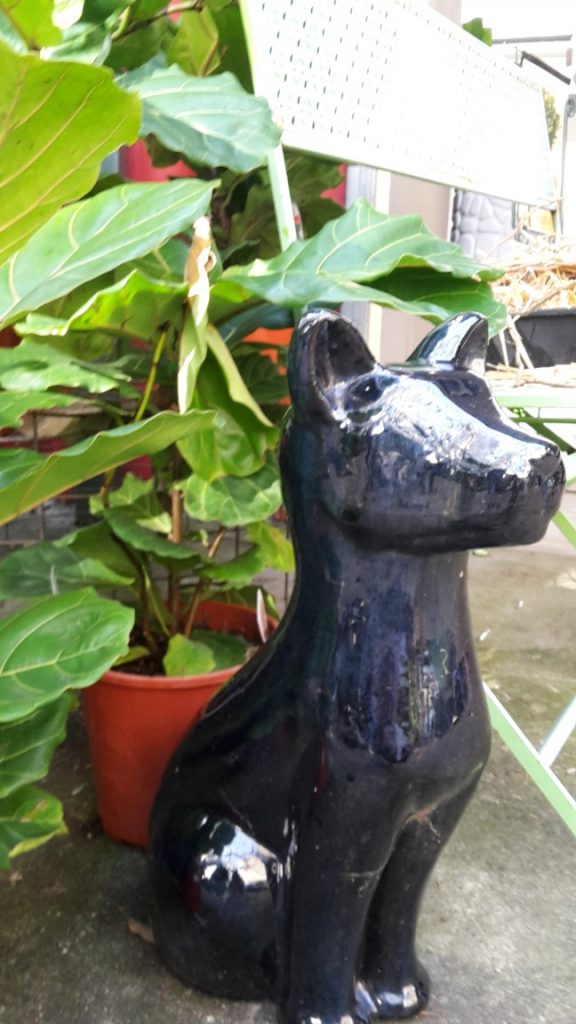
Empathy the connector
Dr Brene Brown in researching Shame found the opposite of shame is empathy. For empathy equals connection to ourselves and our community. Empathy is the courage to drop pretense, to be vulnerable and accept all aspects of ourselves and others. Israel Ayiver stated:
” Cowardice is when you hide away from your real self and wear another self in pretense.
Be yourself that is bravery“
In showing ourselves compassion we can extend this to people. Compassionate acts are the equivalent of releasing water onto parched soil supporting the germinating of souls growth.
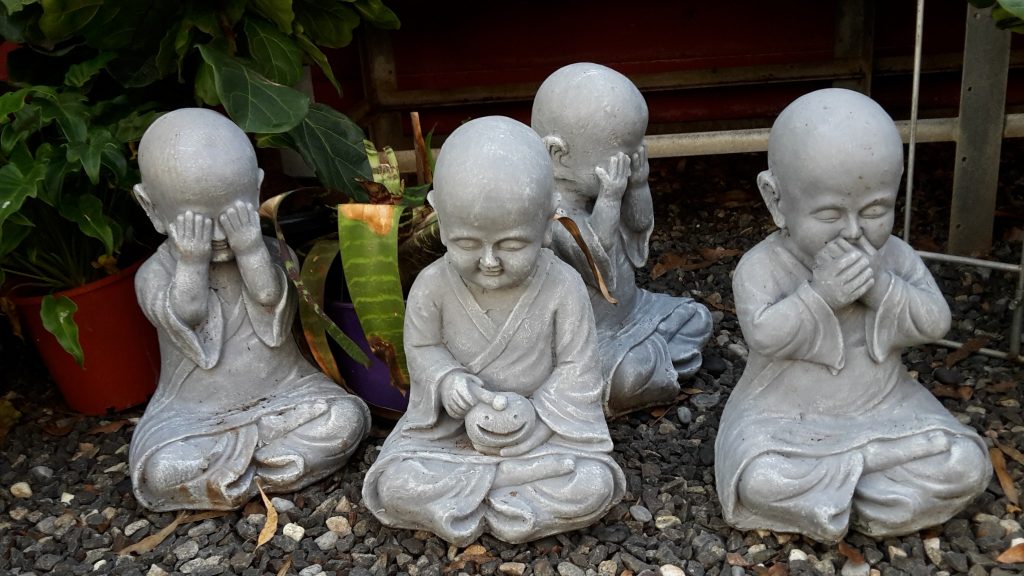
“Out beyond ideas of wrongdoing and right doing there is a field .
I’ll meet you there
When the soul lies down in that grass
the world is to full to think about”
by RUMI
Farmers legacy
My Dad was a wheat / sheep farmer in Doodlakine and Tammin, this week we celebrated his 81st birthday. In toasting what his older brother awarded the OBE : Over Bloody Eighty Award, I reflected on Dad’s legacy. A farmers legacy is the impact made on the environment and consequences of this. From an early age I witnessed how Dad celebrated his mates successes, is positive in his remarks, quietly standing by for nonverbal support and showing respect to all. My siblings and I grew on this farm crafted by our parents to be the best we could be. No genetic modifications, organic and sustaining others growth.
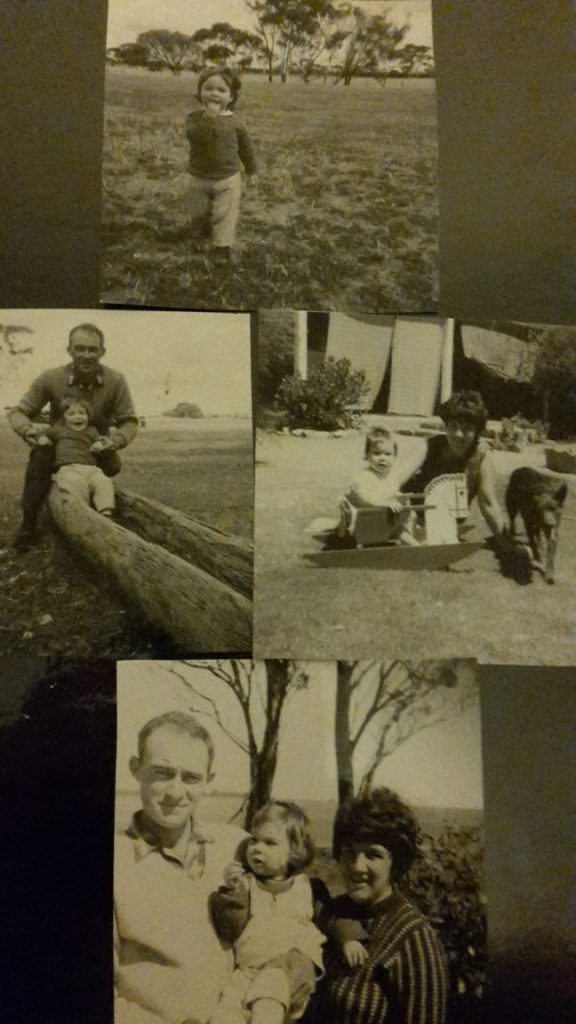
References:
Burdett, Bobbie (2012)www.coachbobbie.com
Brown, Brene refer to https://www.ted.com/talks/brene_brown_on_vulnerability?language=en
Compton, W & Hoffman, E. (2013)Positive Psychology the science of happiness and flourishing, Wadsworth Cengage learning, U.S.A
Leave a Reply